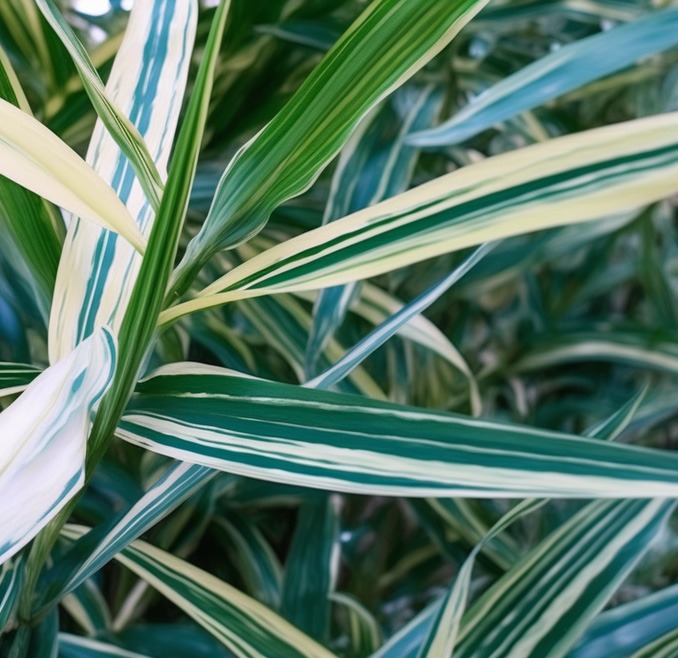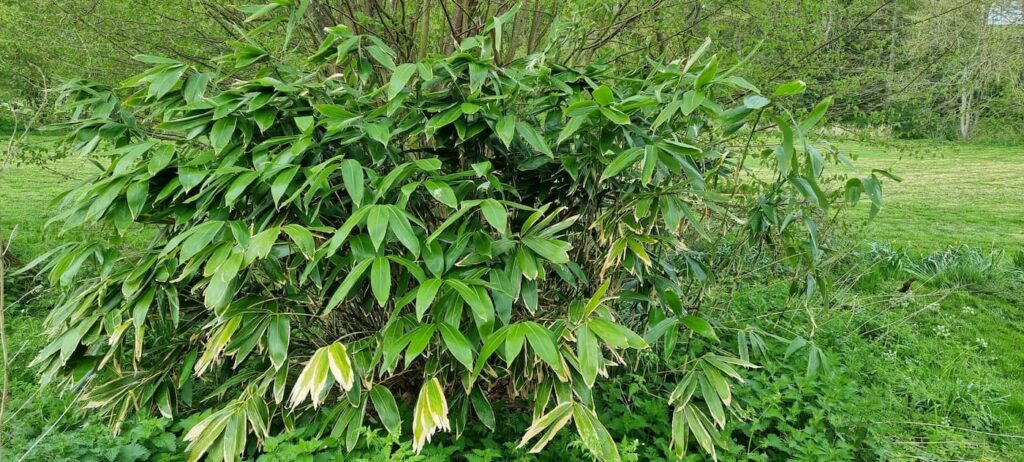Contents
- Introduction
- The Legal Status of Bamboo in the UK
- Regulations and Restrictions on Bamboo Cultivation
- Understanding the Impact of Bamboo on Neighbouring Properties
- Best Practices for Responsible Bamboo Gardening
- Conclusion
- Resources






Introduction
Bamboo, a versatile and fast-growing plant, has become increasingly popular in gardening and landscaping projects across the United Kingdom. However, it is essential for gardeners to be aware of the legal aspects surrounding bamboo cultivation to ensure compliance with regulations and prevent potential issues with neighbours. In this article, we will explore the legal status of bamboo in the UK, discuss regulations, understand its impact on neighbouring properties, and provide best practices for responsible bamboo gardening.
The Legal Status of Bamboo in the UK
Bamboo is not classified as a weed or invasive species in the UK. However, certain varieties of bamboo can spread rapidly and potentially cause issues if not properly managed. Understanding the legal status of bamboo is crucial for gardeners to avoid any legal complications and maintain good relations with neighbours.
Regulations and Restrictions on Bamboo Cultivation
While there are no specific laws governing the cultivation of bamboo in the UK, gardeners should be mindful of the potential impact on neighbouring properties. The key consideration is to prevent the bamboo from becoming a nuisance to others. This means taking appropriate measures to control its growth and spread, especially if it has the potential to invade neighbouring gardens or cause damage to property boundaries.
Understanding the Impact of Bamboo on Neighbouring Properties
One of the primary concerns with bamboo cultivation is its ability to spread through underground rhizomes. This can lead to the bamboo invading neighbouring gardens or even breaking through structures such as fences and walls. It is crucial to choose the right variety of bamboo and employ proper containment methods to minimise the risk of damage to neighbouring properties.
Best Practices for Responsible Bamboo Gardening
To ensure responsible bamboo gardening, here are some best practices to follow:
- Research and choose clumping bamboo varieties: Clumping bamboos have a more contained growth habit compared to running bamboos. They spread slowly and are less likely to invade neighbouring properties.
- Install root barriers: Installing a physical barrier, such as a specialised bamboo barrier or a deep-rooted plastic sheet, can help control the spread of rhizomes and prevent the bamboo from encroaching on neighbouring areas.
- Regular maintenance and monitoring: Regularly inspect your bamboo plants for any signs of spreading. If you notice rhizomes extending beyond the designated area, take immediate action to remove them. Regular maintenance will help keep your bamboo in check.
- Inform neighbours: It is considerate to inform your neighbours about your plans to cultivate bamboo. Discuss any concerns they may have and assure them that you will take necessary measures to prevent the bamboo from becoming a nuisance.
Conclusion
Bamboo gardening can be a delightful addition to any garden or landscape. However, it is important to be aware of the legal aspects and take responsible measures to prevent any potential issues with neighbours. By choosing clumping varieties, installing root barriers, and regularly maintaining your bamboo plants, you can enjoy the beauty of bamboo while respecting the rights and concerns of those around you.
Resources
The Royal Horticultural Society (RHS) – https://www.rhs.org.uk/
The Bamboo Society of the United Kingdom – https://www.bamboo.org.uk/
UK Government – GOV.UK – https://www.gov.uk/
The Postcode Areas We Serve
Gloucester and Swindon
Birmingham and the Midlands
Bristol and the South West
Cardiff and South Wales










